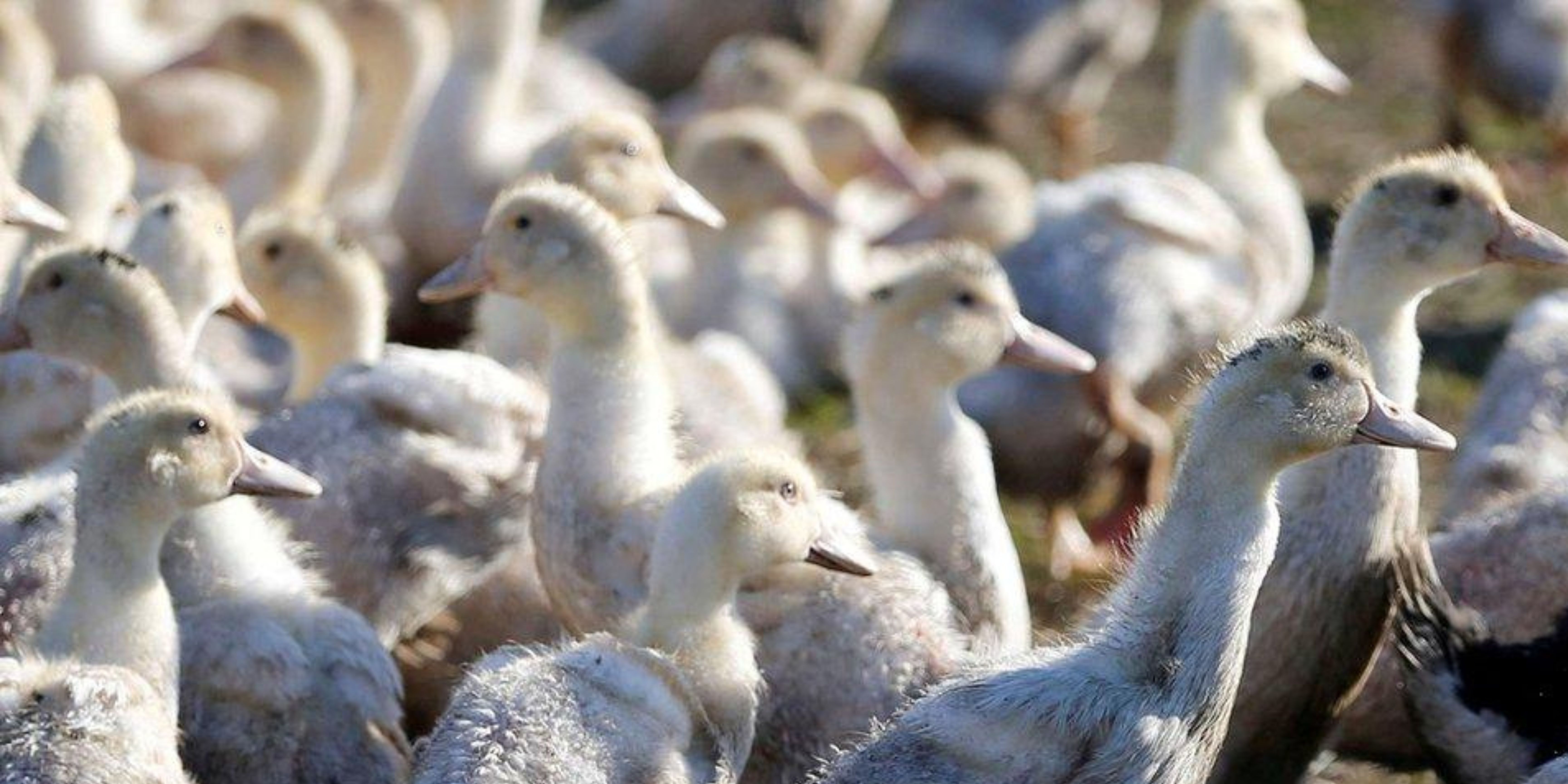Home / us-news / U.S. Reports First Severe Human Case of Bird Flu; California Declares State of Emergency
U.S. Reports First Severe Human Case of Bird Flu; California Declares State of Emergency
By: My India Times
5 minutes read 31Updated At: 2024-12-19

Washington, D.C. — In a development that has raised alarms nationwide, the United States has confirmed its first severe human case of avian influenza H5N1. The case, reported by the Centers for Disease Control and Prevention (CDC), involves a Louisiana resident who was hospitalized after coming into close contact with infected backyard birds.
Health officials have described the patient’s condition as critical, marking the first documented instance of a severe human infection with this strain in the country. The case has prompted renewed concerns about the zoonotic potential of the virus and the risks it poses to public health.
California Grapples with Crisis, Declares Emergency
Simultaneously, California has declared a state of emergency as the H5N1 avian flu ravages bird populations across the state. Wildlife experts report unprecedented fatalities among native and migratory bird species, with the virus spreading at an alarming rate.
Governor Gavin Newsom announced the emergency declaration to expedite state resources for surveillance, containment, and public education. "This is not just a wildlife crisis; it's a public health and environmental emergency," Newsom said during a press briefing.
The declaration aims to protect California’s multibillion-dollar poultry industry, safeguard wildlife sanctuaries, and prepare for potential human health implications.
Louisiana Case Raises Concerns
The Louisiana resident, whose identity remains confidential, reportedly contracted the virus after handling sick and dead poultry at a backyard farm. Symptoms such as high fever, coughing, and difficulty breathing developed rapidly, leading to hospitalization.
While the CDC has emphasized that human-to-human transmission of H5N1 remains exceedingly rare, this case serves as a stark reminder of the virus's potential to cross species barriers.
“This is an isolated case, but it highlights the importance of taking precautions when handling birds or poultry,” said Dr. Rochelle Walensky, Director of the CDC. She urged people to report any unusual bird deaths and to avoid direct contact with sick animals.
Avian Flu: A Threat Beyond Borders
The H5N1 strain has already devastated global bird populations, with over 300 billion birds lost worldwide since the outbreak began. The virus has now been detected in more than 500 species, including mammals such as foxes, seals, and dolphins, underscoring its growing ecological impact.
California’s bird flu outbreak has led to record-high mortality rates among species like geese, swans, and raptors. Wildlife organizations are struggling to contain the virus, which spreads rapidly through wild bird migratory routes.
Emergency Measures in Place
Federal and state agencies have stepped up efforts to mitigate the crisis. Key actions include:
- Enhanced Monitoring: Increased surveillance of wild and domestic bird populations to track outbreaks.
- Containment Strategies: Swift culling of infected flocks and implementation of strict biosecurity measures at poultry farms.
- Public Awareness Campaigns: Educating the public on avoiding contact with wild birds and ensuring proper handling of poultry products.
Additionally, the CDC recommends cooking poultry and eggs thoroughly to eliminate any potential viral contamination.
The Global Perspective
Globally, avian influenza continues to pose a significant threat, with outbreaks reported in Europe, Asia, and Africa. The virus’s rapid spread through migratory routes has complicated containment efforts, leading to calls for international collaboration.
Vaccination development and antiviral treatments are gaining momentum, but experts warn that more funding and policy support are urgently needed to prepare for a potential pandemic.
Balancing Public Safety and Environmental Health
The emergence of a severe human case in the U.S. highlights the intricate link between human activity and wildlife health. California’s emergency declaration serves as a wake-up call for both policymakers and the public to prioritize preventive measures.
For residents, the immediate focus should be on vigilance and safety. Health officials recommend reporting unusual bird behavior, practicing hygiene when handling poultry, and avoiding wild birds altogether.
What Lies Ahead
As the H5N1 strain continues to challenge global health systems, scientists and governments must act decisively to contain its spread. The Louisiana case and California's bird flu crisis underscore the need for a coordinated response that addresses both public health risks and the ecological consequences of the virus.
With California leading the charge, the U.S. now faces a critical moment in managing the threat of avian influenza. The stakes are high—not just for humans but for the wildlife and ecosystems that sustain us.
FAQs
1. What is H5N1 bird flu, and how does it affect humans?
H5N1 is a highly contagious strain of avian influenza that primarily affects birds. Humans can contract it through close contact with infected birds, their droppings, or secretions. Severe cases can cause respiratory distress, pneumonia, or death.
2. Can bird flu spread from person to person?
Human-to-human transmission is extremely rare. Most human cases occur through direct exposure to infected birds or contaminated environments.
3. What are the symptoms of H5N1 in humans?
Common symptoms include high fever, coughing, sore throat, muscle aches, and breathing difficulties. Severe cases may result in respiratory failure or other complications.
4. Is it safe to eat poultry during a bird flu outbreak?
Yes, poultry and eggs are safe to consume if cooked thoroughly to an internal temperature of 165°F (74°C), which destroys the virus.
5. What precautions can I take to avoid bird flu?
Avoid contact with sick or dead birds, practice good hygiene, and wear protective gear if handling poultry. Report unusual bird deaths to local authorities.
....By: My India Times
Updated At: 2024-12-19
Tags: us-news News | My India Times News | Trending News | Travel News
Join our WhatsApp Channel


